Κείμενο
Πρόσφατα, σε μία διαδικτυακή συνεδρία μέσω Skype με έναν πελάτη που παρακολουθώ που ζει στο εξωτερικό, άκουσα μία πολύ σημαντική ερώτηση. Ο αγαπημένος πελάτης μου είπε: “Μα γιατρέ, εγώ δεν έχω κανένα σύμπτωμα, τι είναι αυτό το λίπος στο συκώτι που μου βρήκανε; Δεν θα έπρεπε να είχε δώσει σημάδια της ύπαρξης του;”. Αυτή λοιπόν η ερώτηση με έβαλε σε σκέψεις και αποφάσισα να ετοιμάσω ένα βίντεο με τις 10 συχνότερες ερωτήσεις που ακούω σε σχέση με το λίπος στο συκώτι. 1. Ποια είναι τα συμπτώματα; Υπολογίζεται ότι μεγάλο μέρος των ανθρώπων που κυκλοφορούν ανάμεσα μας και πιθανότατα πολλοί από σας να έχουν λίπος στο συκώτι. Το αναμενόμενο είναι κανένας ή σχεδόν κανένας από σας να μην έχει κάποιο σύμπτωμα που να το δείχνει αυτό. Συμπτώματα εμφανίζονται μόνο όταν η πάθηση εξελιχθεί σημαντικά, και τότε τα περιθώρια μας για να την αντιμετωπίσουμε είναι πολύ λιγότερα. 2. Με ποια εξέταση γίνεται αντιληπτό; Η συντριπτική πλειοψηφία των ανθρώπων που διαγιγνώσκονται με έχουν λίπος στο συκώτι, το μαθαίνουν αυτό μετά από κάποιον υπέρηχο, συνήθως για κάποια ενοχλήματα που δεν έχουν σχέση με το λίπος στο συκώτι. Σπανιότερα, το βρίσκουμε μετά από αξονική ή μαγνητική τομογραφία στην κοιλιά. 3. Πού οφείλεται; Όταν σπούδαζα ιατρική, πριν από 30 χρόνια, θεωρούσαμε αυτονόητο ότι το λίπος στο συκώτι προέρχεται από υπερβολική κατανάλωση αλκοόλ. τΤη δεκαετία του ‘90 ήταν πιο συχνό κάποιος να έχει λίπος στο συκώτι επειδή έπινε πολύ, παρά επειδή έτρωγε πολύ. Σήμερα αυτό έχει αντιστραφεί. Η συντριπτική πλειοψηφία των ανθρώπων που εμφανίζουν λίπος στο συκώτι είναι επειδή καταναλώνουν πολύ και λάθος τροφή. Προφανώς, μπορεί να προέρχεται και από συνδυασμό αυτών των δύο. 4. Ποιοι είναι οι παράγοντες κινδύνου που ευνοούν την εμφάνισή του; Εκτός από το αλκοόλ, που είπαμε νωρίτερα, σημαντικοί παράγοντες που αυξάνουν την πιθανότητα να εμφανίσει κάποιος λίπος στο συκώτι είναι το αυξημένο βάρος, η κακή διατροφή, το μεταβολικό σύνδρομο, ο σακχαρώδης διαβήτης τύπου 2 και η αντίσταση στην ινσουλίνη, τα

αυξημένα τριγλυκερίδια και η αυξημένη χοληστερίνη στο αίμα και η υπνική άπνοια. Σπανιότερα, μπορεί να συνδέεται με λήψη φαρμάκων, έκθεση σε τοξίνες και κάποιες μορφές χρόνιας ιογενούς ηπατίτιδας. 5. Φαίνεται στην εξέταση αίματος; Συνήθως όχι. Τα περισσότερα άτομα που έχουν λίπος στο συκώτι έχουν απόλυτα φυσιολογικές τρανσαμινάσες, που είναι τα ένζυμα που ανεβαίνουν όταν υπάρχει βλάβη στο συκώτι. 6. Είναι αναστρέψιμη; Συνήθως ναι. Οι περισσότεροι άνθρωποι που πάσχουν από λίπος στο συκώτι, είτε καταναλώνουν υπερβολική ποσότητα αλκοόλ, είτε έχουν αυξημένο βάρος και ακολουθούν κακή διατροφή. Στην περίπτωση της υπερβολικής κατανάλωσης αλκοόλ, η διακοπή του αλκοόλ συνήθως αναστρέφει τη διαδικασία. Στην περίπτωση του αυξημένου βάρους και της κακής διατροφής, η σωστή διατροφή που οδηγεί στη μείωση του βάρους είναι αρκετή για να εξαφανίσει τελείως το πρόβλημα. Αυτό όμως συμβαίνει αν η παρέμβαση είναι σχετικά νωρίς. 7. Σε ποιο σημείο είναι “αργά”; Ποτέ δεν είναι αργά για να φροντίσει κάποιος την υγεία του, αλλά τα μέγιστα αποτελέσματα θα τα έχουμε όταν κάποιος επέμβει έγκαιρα. Εάν η πάθηση αφεθεί να εξελιχθεί, τότε με τα χρόνια μπορεί να φτάσει σε ένα σημείο που να αναστρέφεται πολύ λίγο. Καλό είναι να ξεκινήσουμε να φροντίζουμε τον εαυτό μας όσο νωρίτερα γίνεται. Δηλαδή την επόμενη μέρα που ακούμε ότι έχουμε λίπος στο συκώτι. 8. Τι σημαίνει σωστή διατροφή; Ο όρος σωστή διατροφή είναι πολύ παρεξηγημένος, γιατί σωστή διατροφή δεν είναι ίδια για όλους. Η σωστή διατροφή είναι κάτι διαφορετικό για τον καθένα, αλλά αυτό που μπορούμε να πούμε με σιγουριά είναι ότι η σωστή διατροφή είναι αυτή που εξασφαλίζει: Φυσιολογικό βάρος Φυσιολογική χοληστερίνη και τριγλυκερίδια (αν και σπάνια αυτό δεν είναι εφικτό μόνο με σωστή διατροφή) Χαμηλή ινσουλίνη και σάκχαρο αίματος Χαμηλό ουρικό οξύ και ουρία Αυτό σημαίνει ότι αν κάποιος έχει αυξημένο βάρος, εξ ορισμού η διατροφή που ακολουθεί δεν είναι ιδανική για το σώμα του. Μπορεί να είναι εξαιρετική διατροφή για κάποιον άλλον, αλλά

όχι για τον ίδιο. Μπορεί να περιλαμβάνει πολύ υγιεινές τροφές, αλλά αυτές να μην είναι ιδανικές γι’ αυτόν. Αυτός είναι από τους βασικότερους λόγους που θα ακούσετε πολλούς ανθρώπους να έχουν ωφεληθεί από τελείως διαφορετικές διατροφές. Και μπορεί πραγματικά αυτό που λένε να είναι αλήθεια. Αυτό όμως που πρέπει να γίνει κατανοητό είναι ότι αυτή η διατροφή είναι ιδανική και αυτούς. Δεν είναι ιδανική για όλους. 9. Κάπου διάβασα σχετικά με τη φρουκτόζη και το λίπος στο συκώτι. Τι ακριβώς συμβαίνει; Όλα τα κύτταρα του σώματός μας χρησιμοποιούν γλυκόζη για ενέργεια και τα μόνα κύτταρα που είναι ικανά να χρησιμοποιήσουν τη φρουκτόζη είναι τα ηπατοκύτταρα, δηλαδή τα κύτταρα του συκωτιού. Ούτε οι μύες, ούτε ο εγκέφαλός μας είναι ικανοί να χρησιμοποιήσουν τη φρουκτόζη αν αυτή δεν μετατραπεί σε γλυκόζη. Αυτό έχει ως αποτέλεσμα ότι αν κάποιος καταναλώνει φρουκτόζη σε μεγάλες ποσότητες αυτή να αποθηκεύεται στο συκώτι με δυσάρεστες για την υγεία συνέπειες. Τα φρούτα περιέχουν μικρή ποσότητα φρουκτόζης και είναι ο μόνος τρόπος που είναι λογικό κάποιος να λαμβάνει φρουκτόζη, ενώ η ζάχαρη είναι ο πιο λάθος τρόπος να λαμβάνει κάποιος φρουκτόζη. Πολύ κακή ιδέα είναι επίσης κάποιος να καταναλώνει χυμούς, ειδικά από αποχυμωτή. 10. Υπάρχει κάποια τροφή ή βότανο που να διώχνει το λίπος από το συκώτι; Υπάρχουν κάποια βότανα που βοηθούν, αλλά δεν μπορεί κάποιος να στηριχθεί αποκλειστικά σε αυτά για να αντιμετωπίσει το πρόβλημα. Πρέπει να φροντίσει την διατροφή του συνολικά. Αυτές είναι οι 10 συχνότερες ερωτήσεις που ακούω στο ιατρείο μου και μέσα από τις συνεδρίες που κάνω από το διαδίκτυο με ασθενείς που ζουν εκτός Αττικής και θέλουν τις ιατρικές μου συμβουλές. Το σημαντικότερο κομμάτι της δουλειάς μου είναι να συνεργάζομαι με ασθενείς και πελάτες που ψάχνουν την ιδανικότερη διατροφή για να έχουν την καλύτερη δυνατή υγεία. Συχνά όμως χρησιμοποιούμε και μία σειρά από βότανα που βοηθούν για την αντιμετώπιση του λίπους στο συκώτι και για αυτό το θέμα έχω δημοσιεύσει ένα βίντεο το οποίο

αν σας ενδιαφέρει, καλό είναι να το δείτε. Εμφανίζεται αυτή τη στιγμή στα δεξιά μου. Σας ευχαριστώ πολύ.

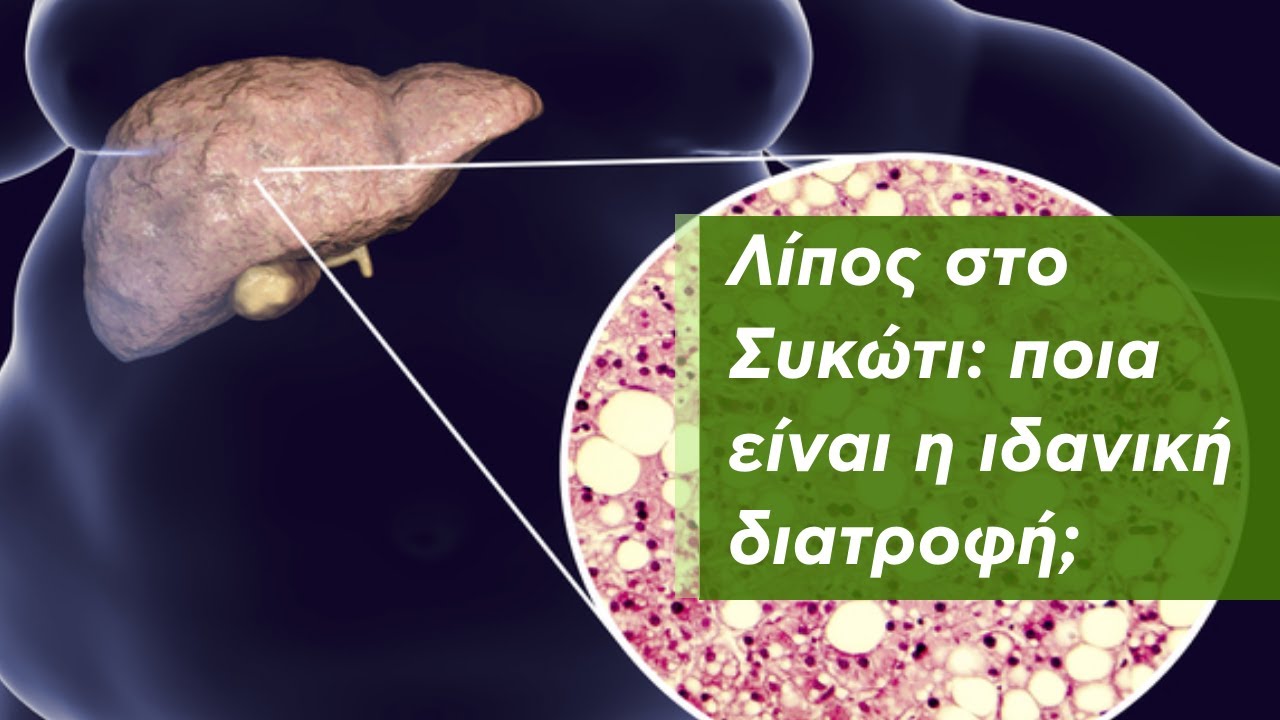


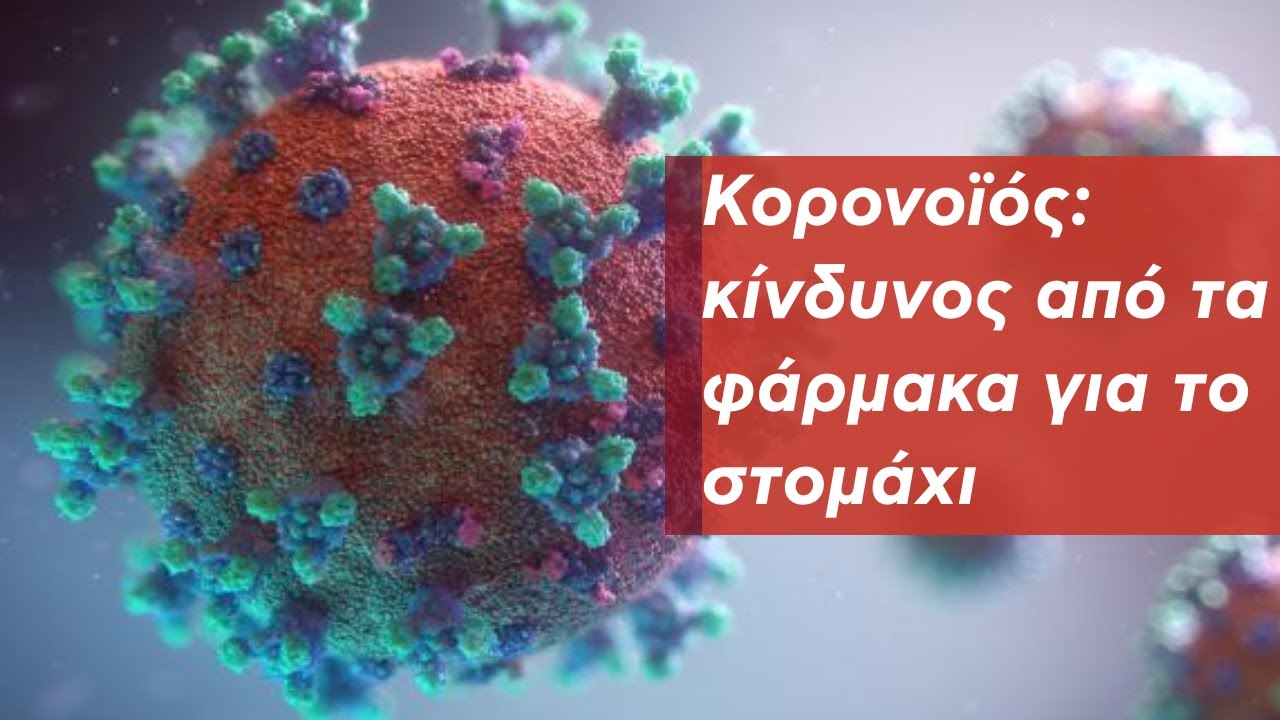

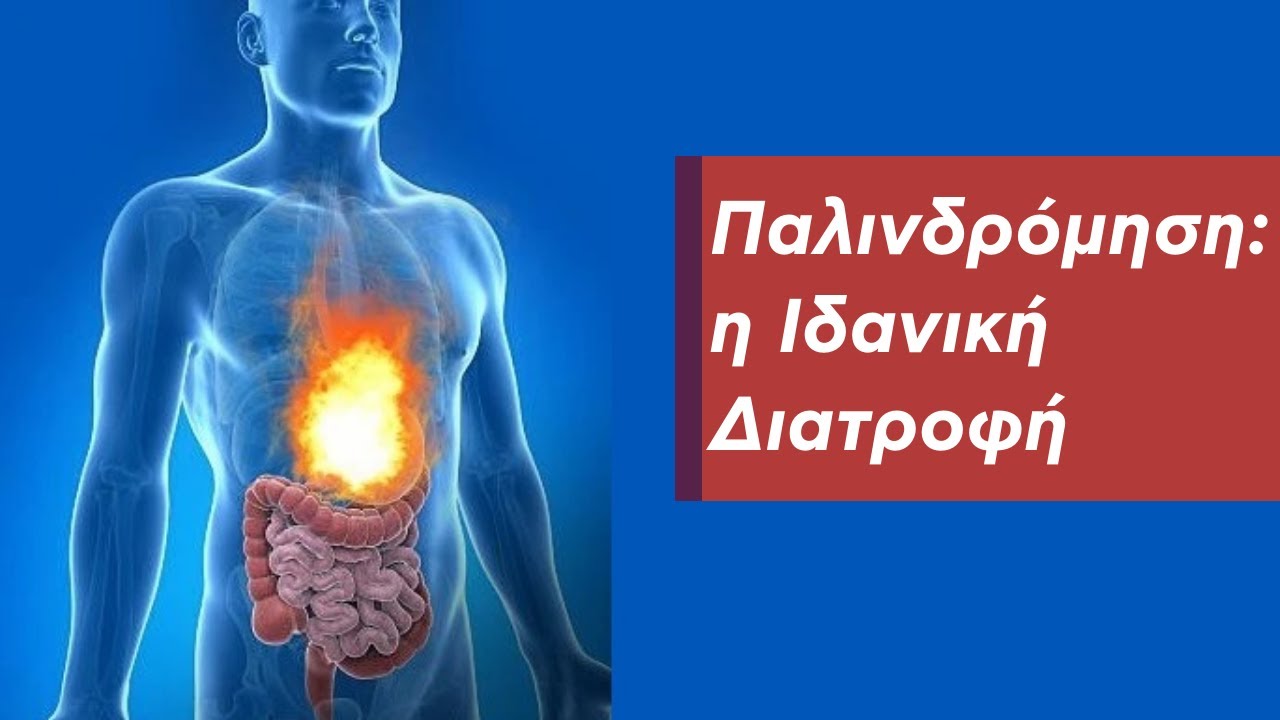
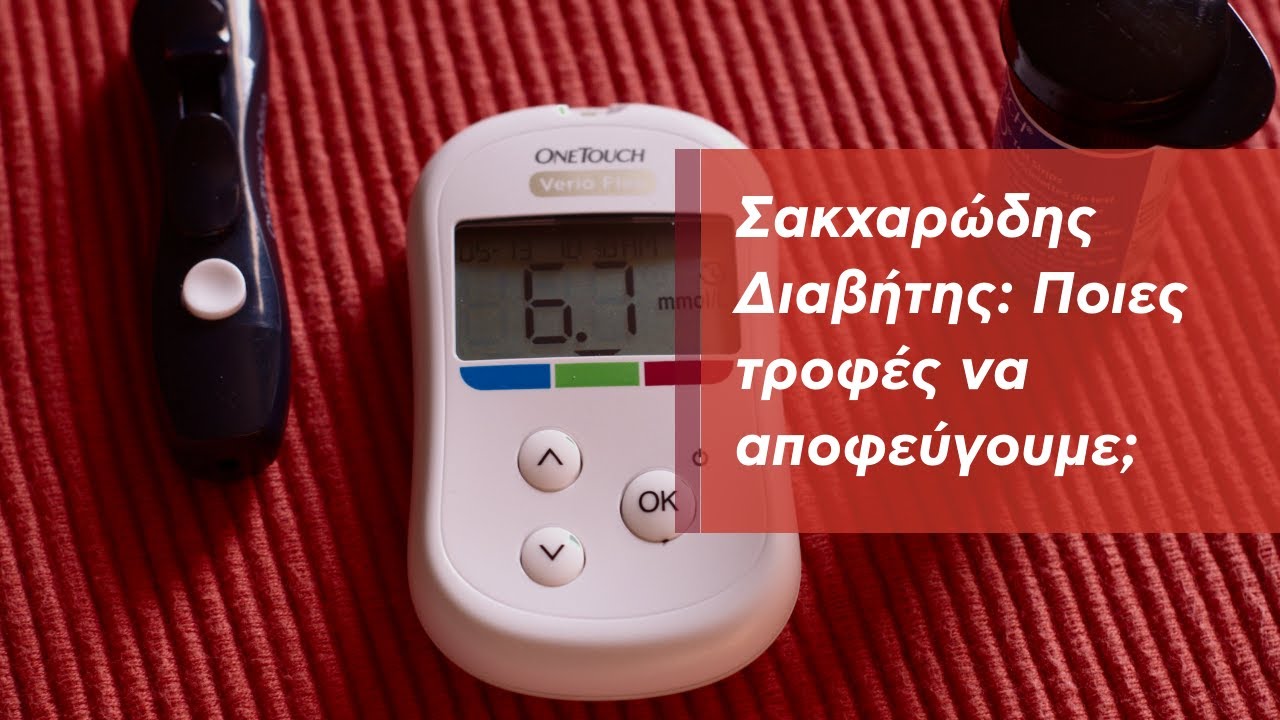



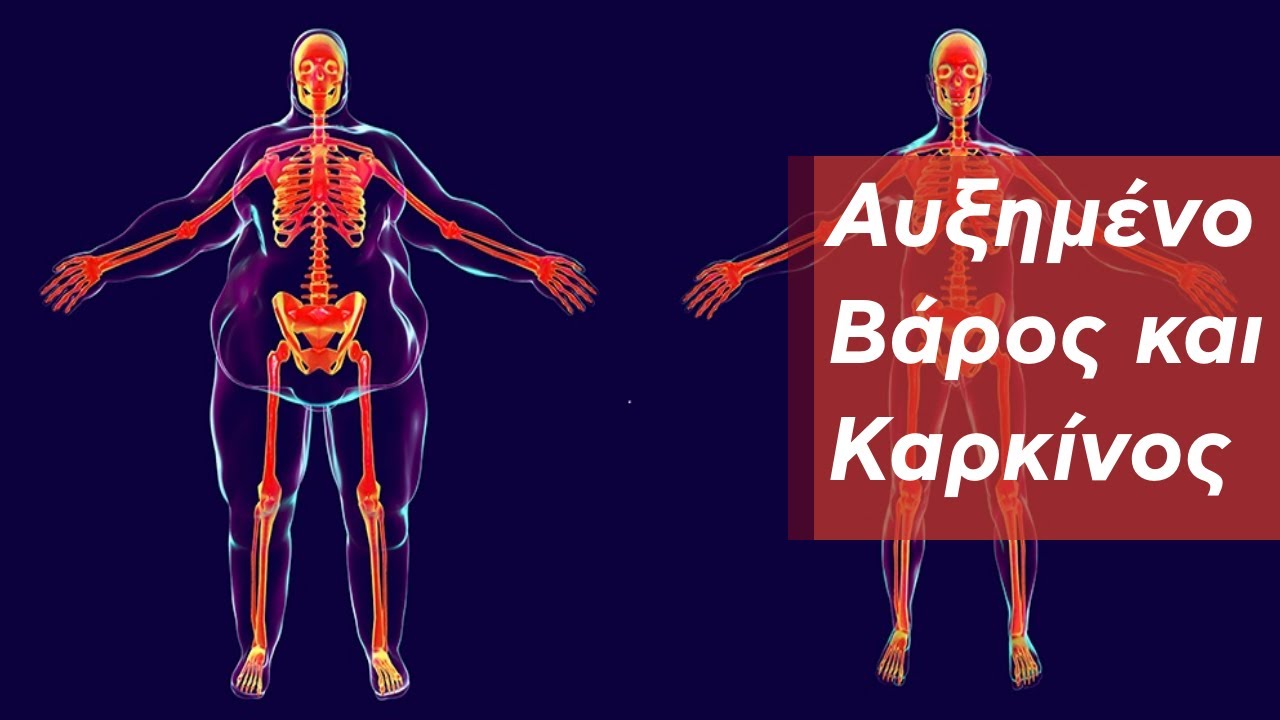
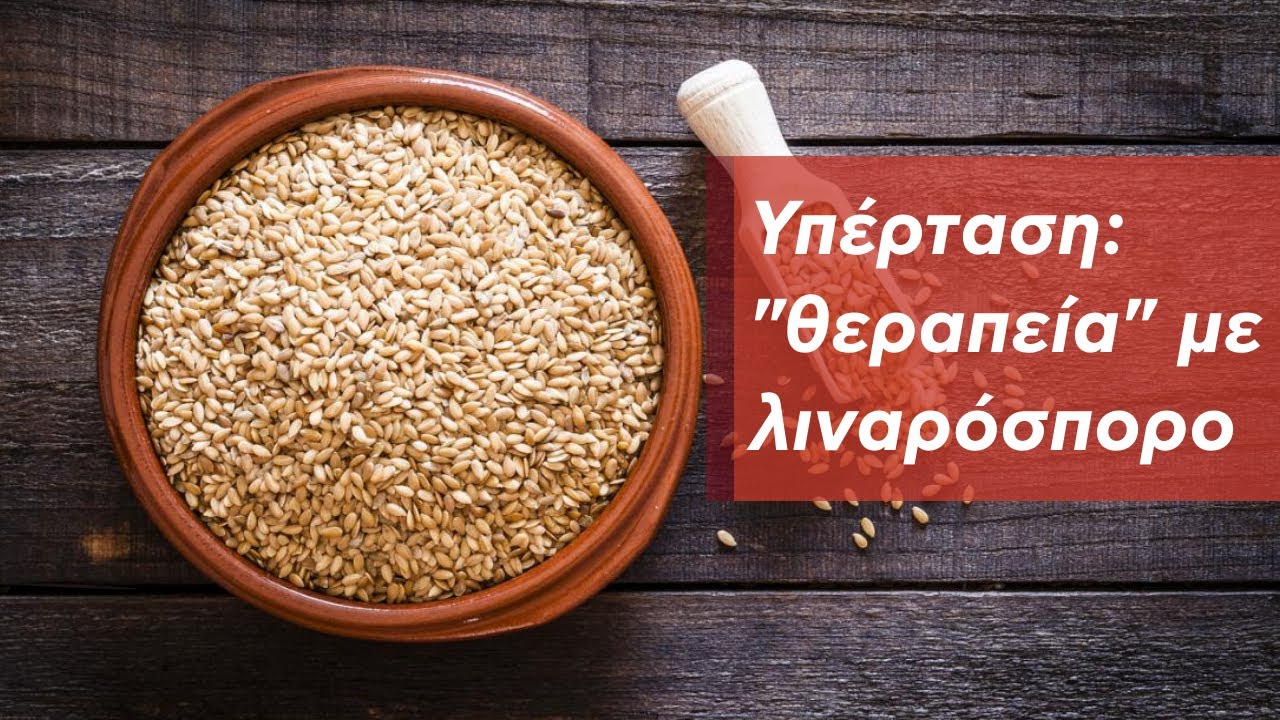


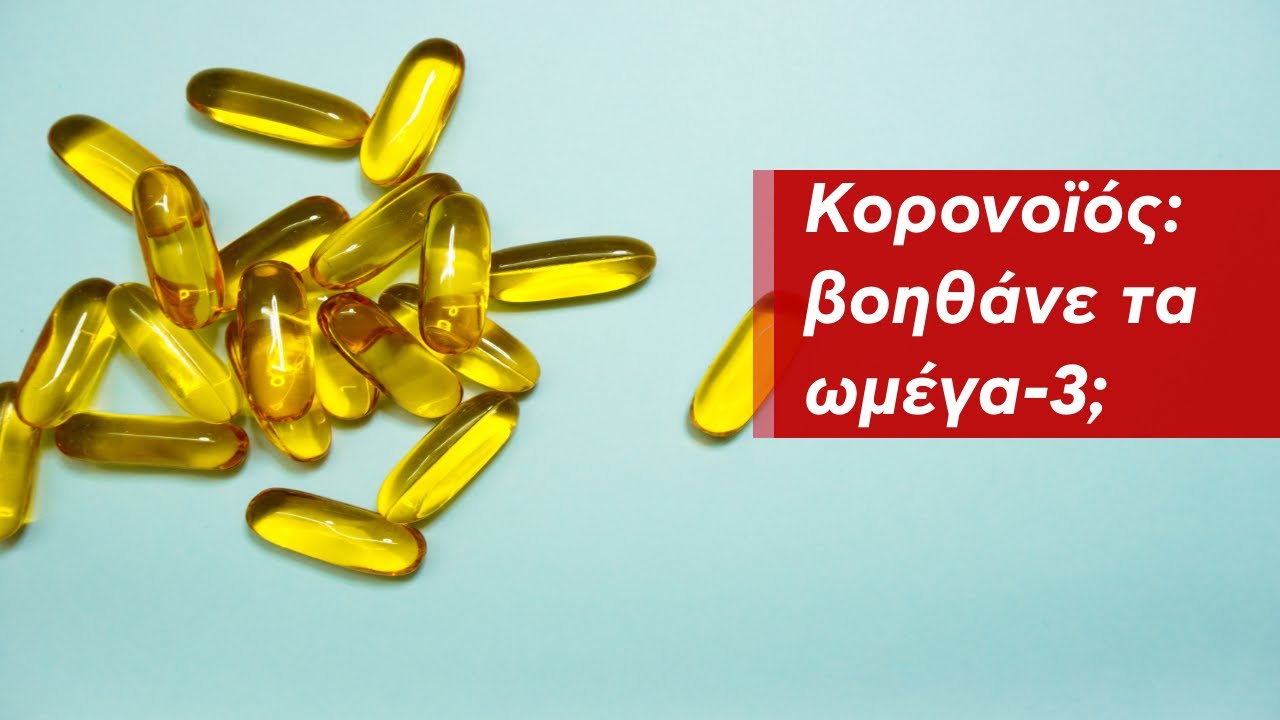
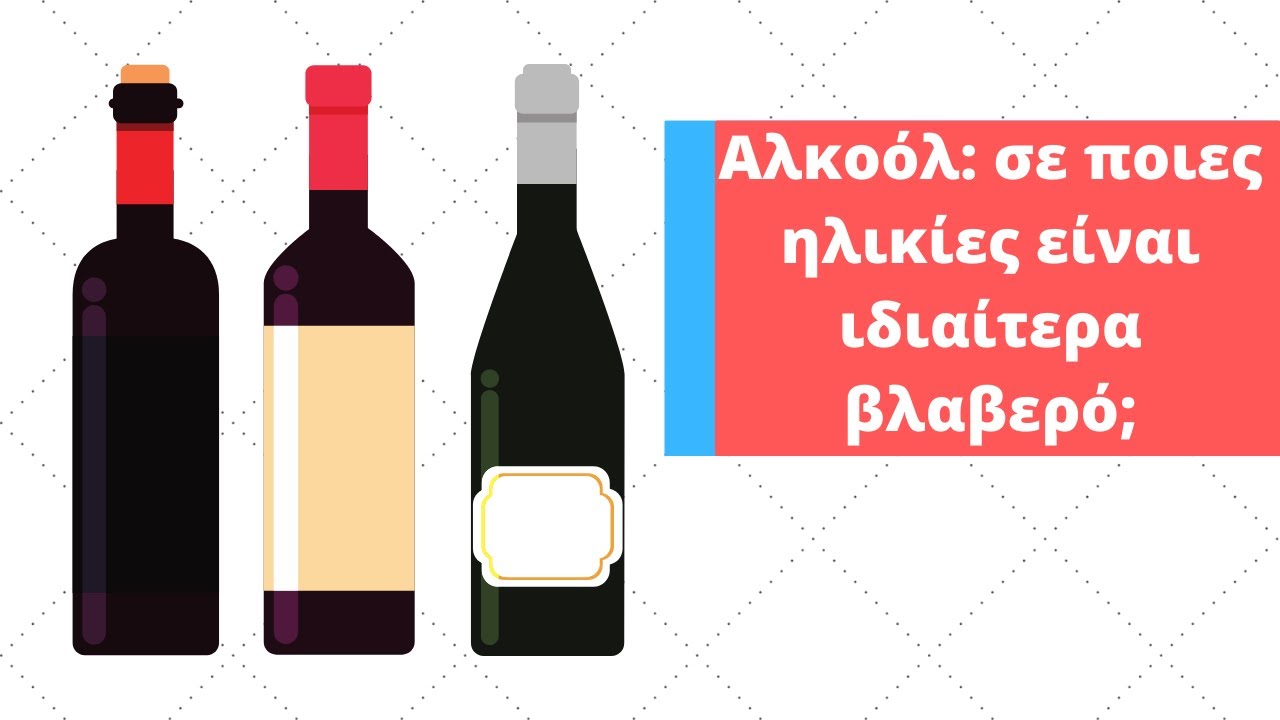

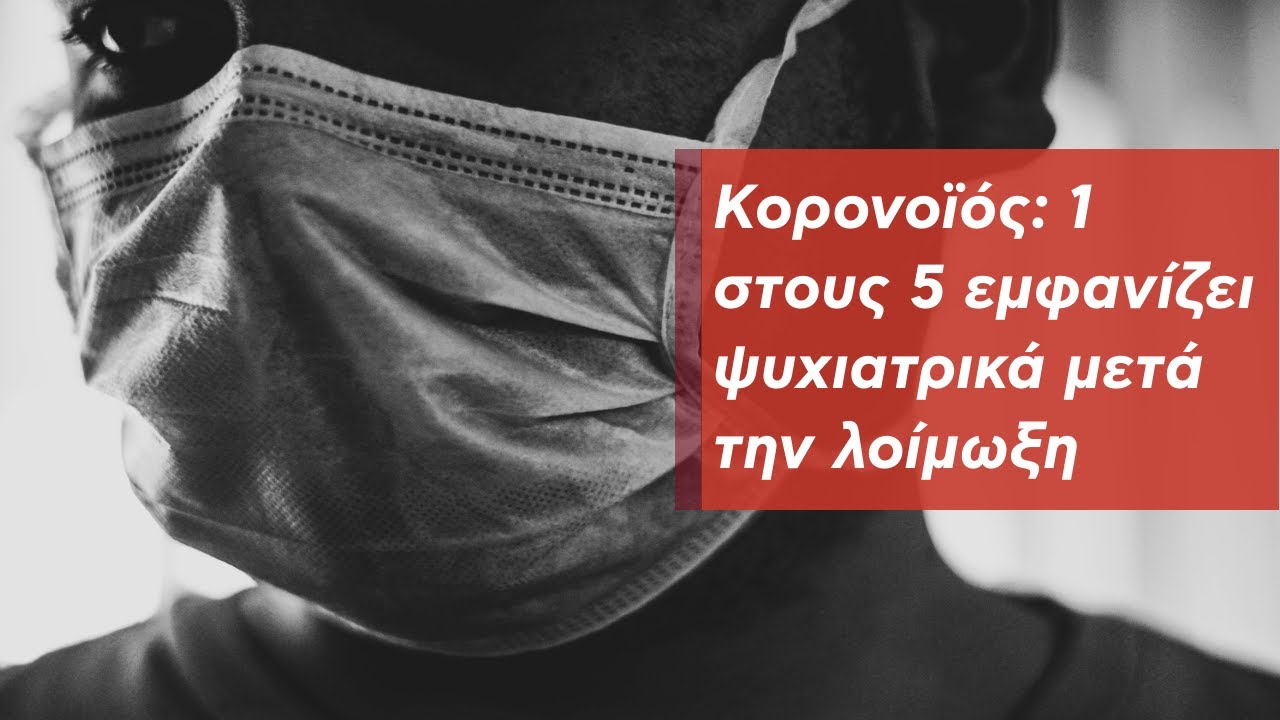



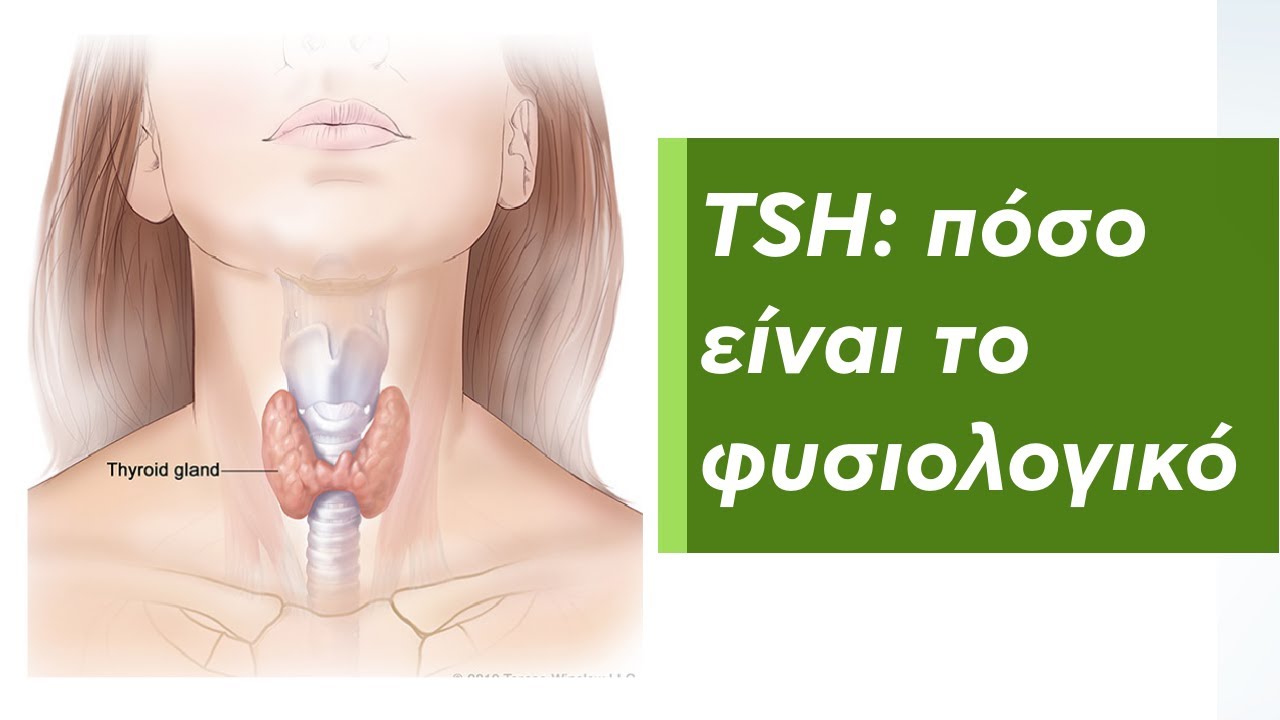



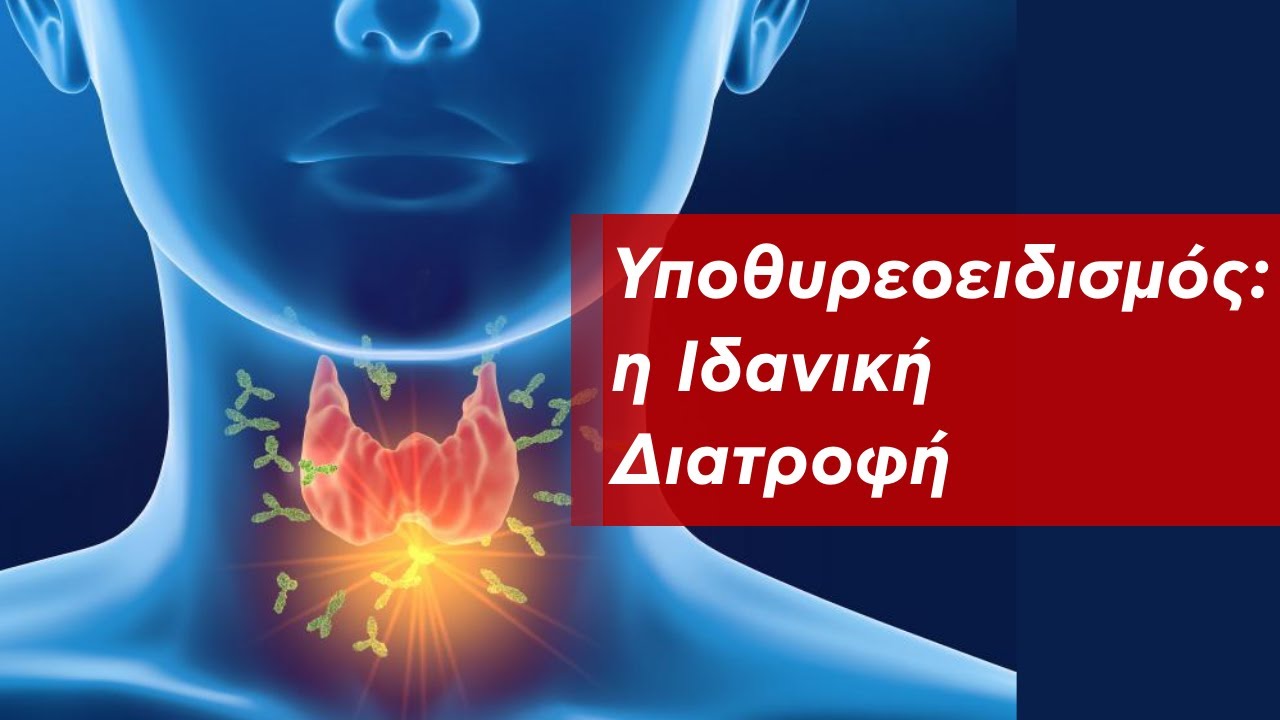

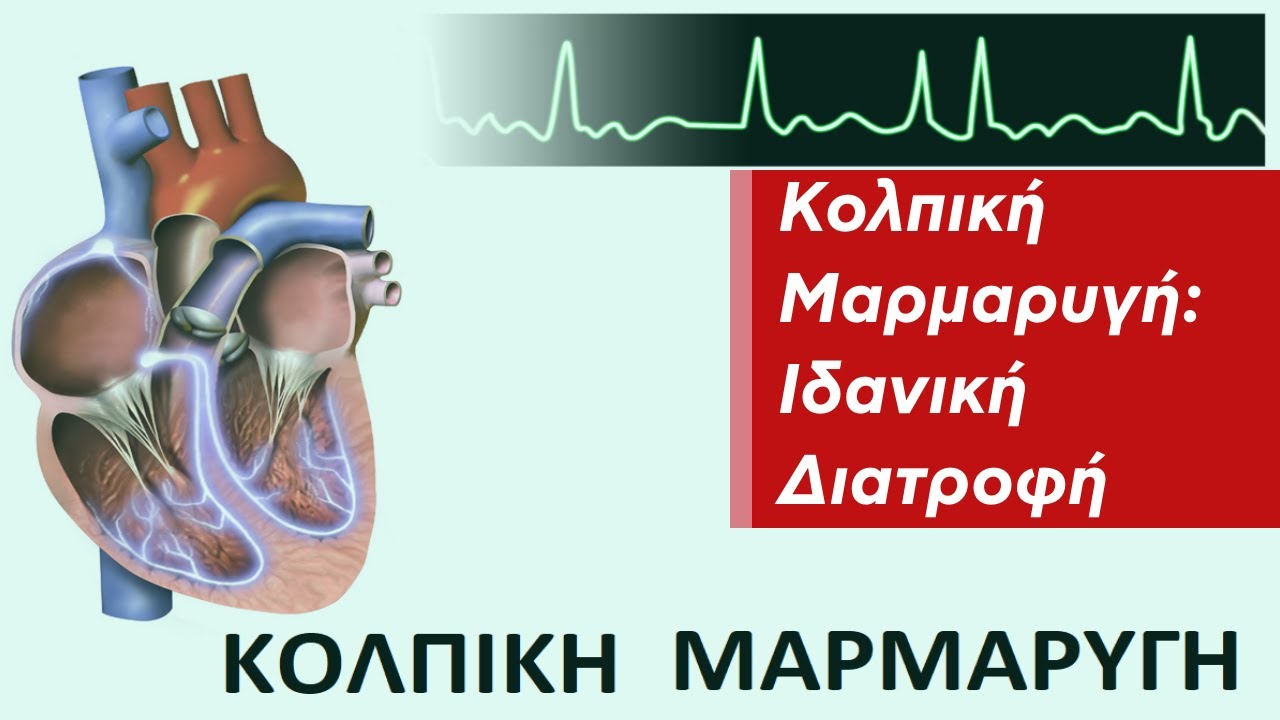


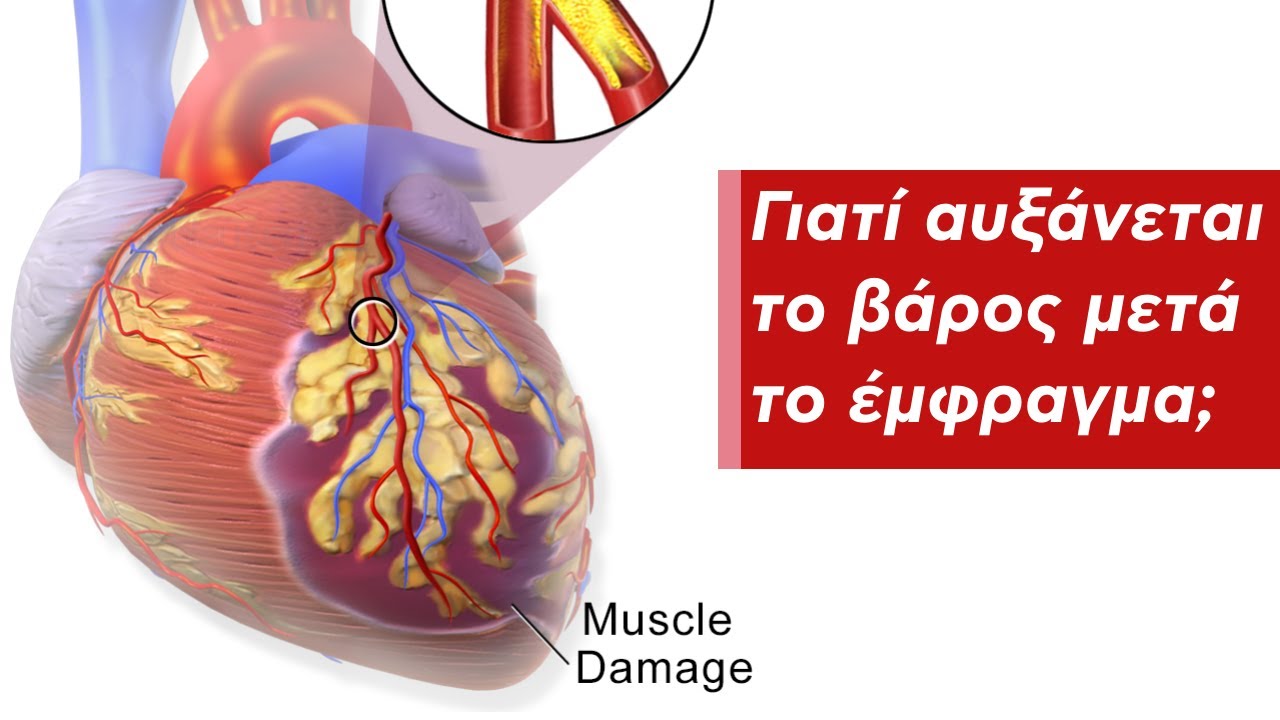

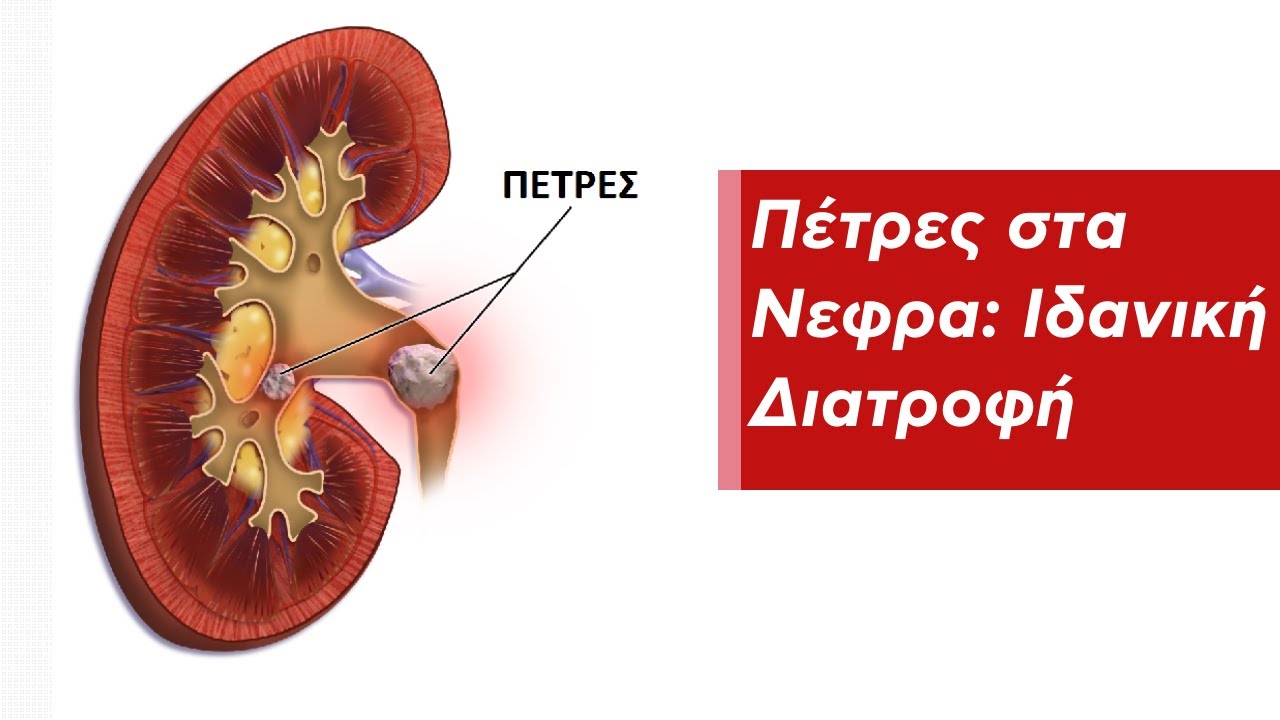

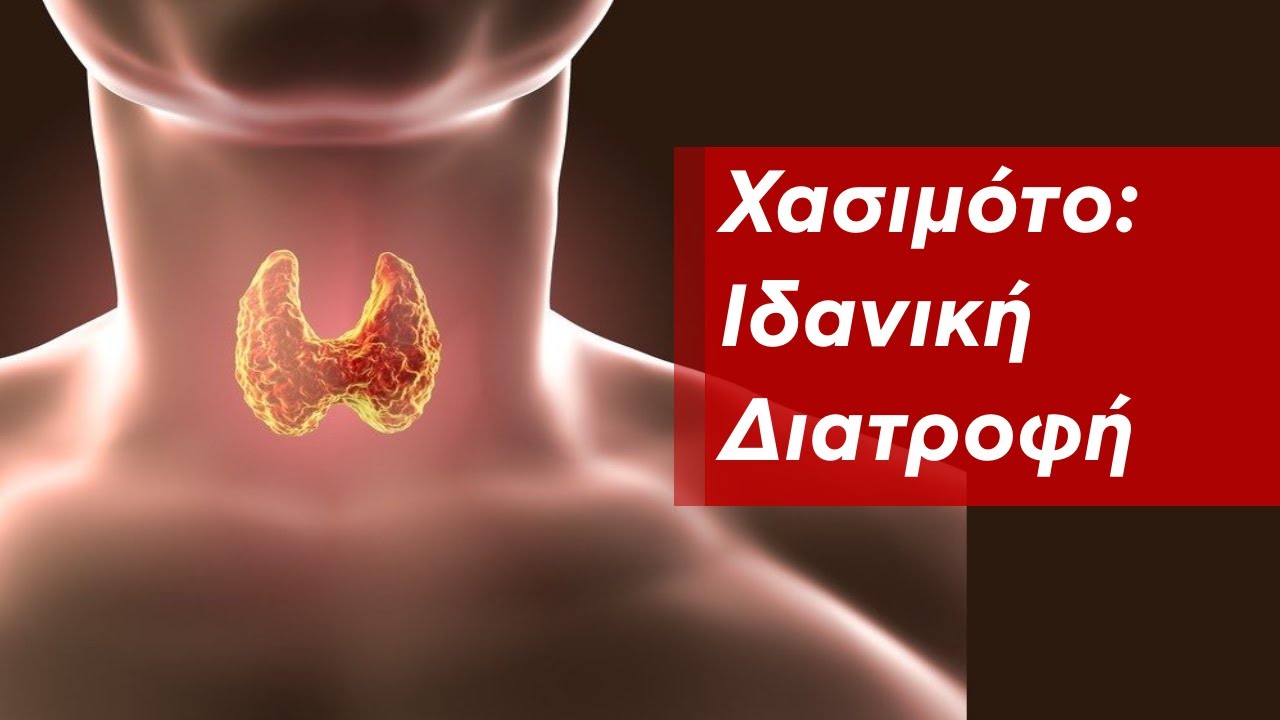
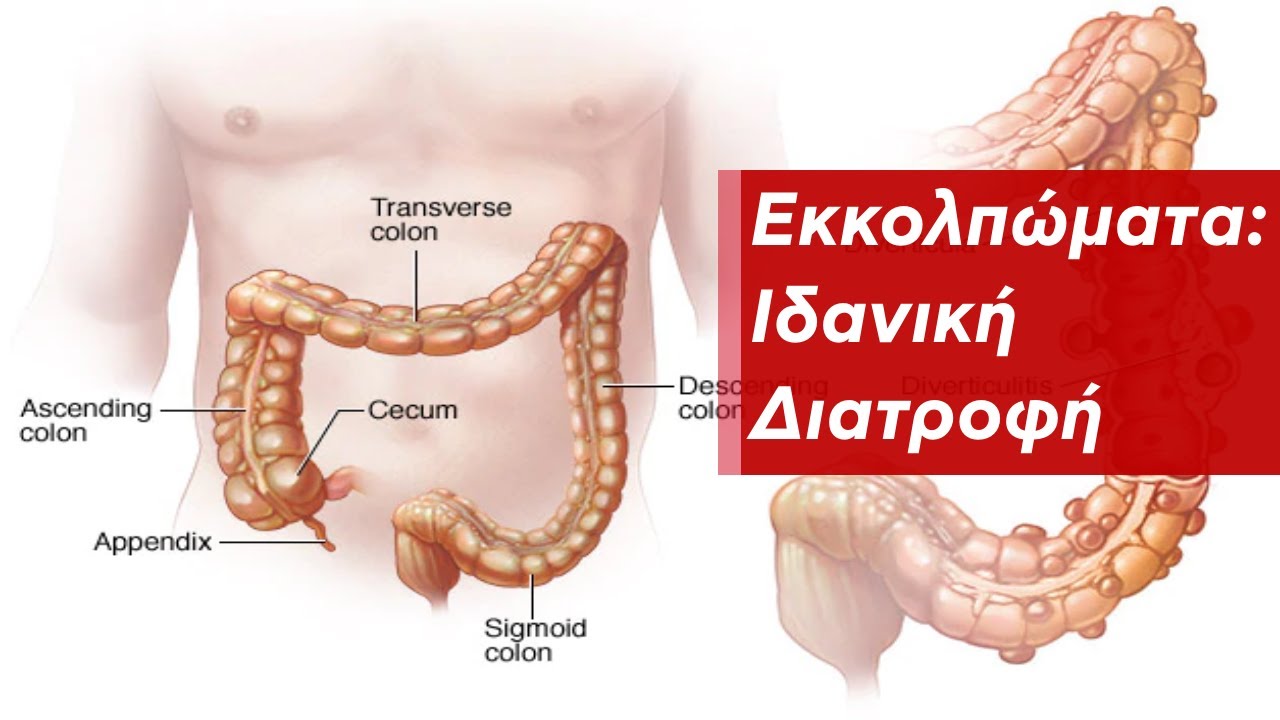
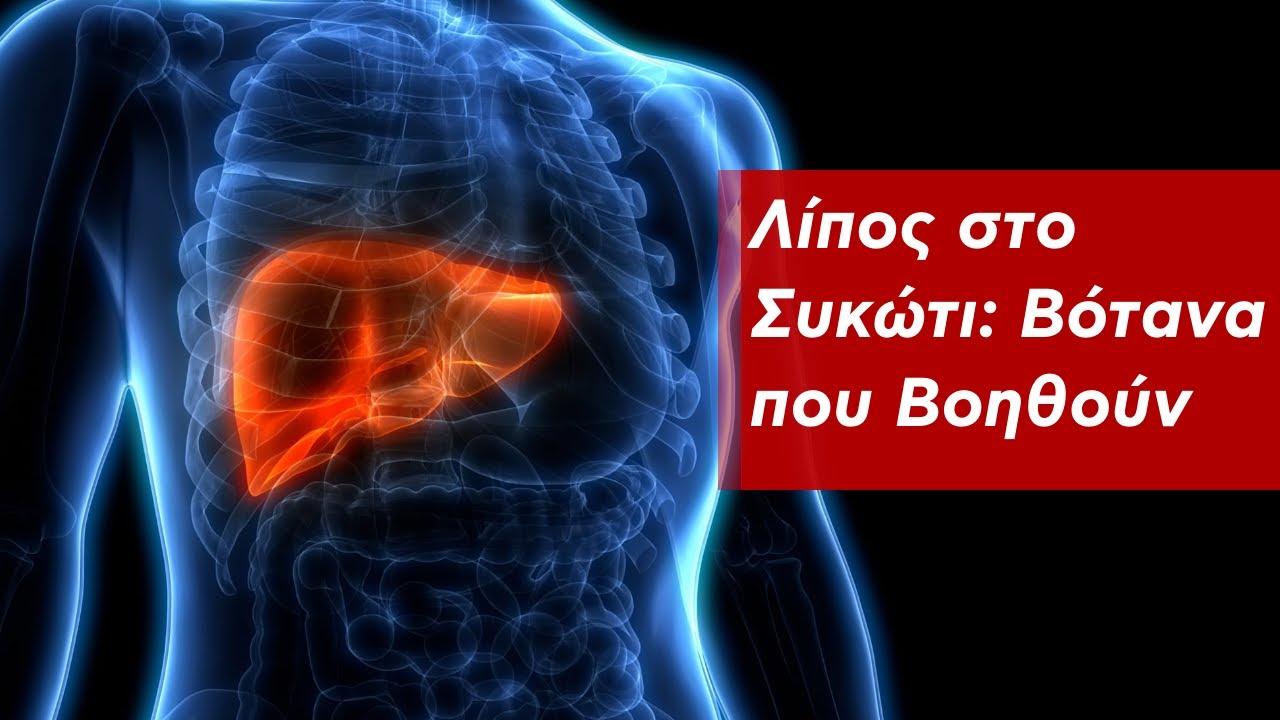
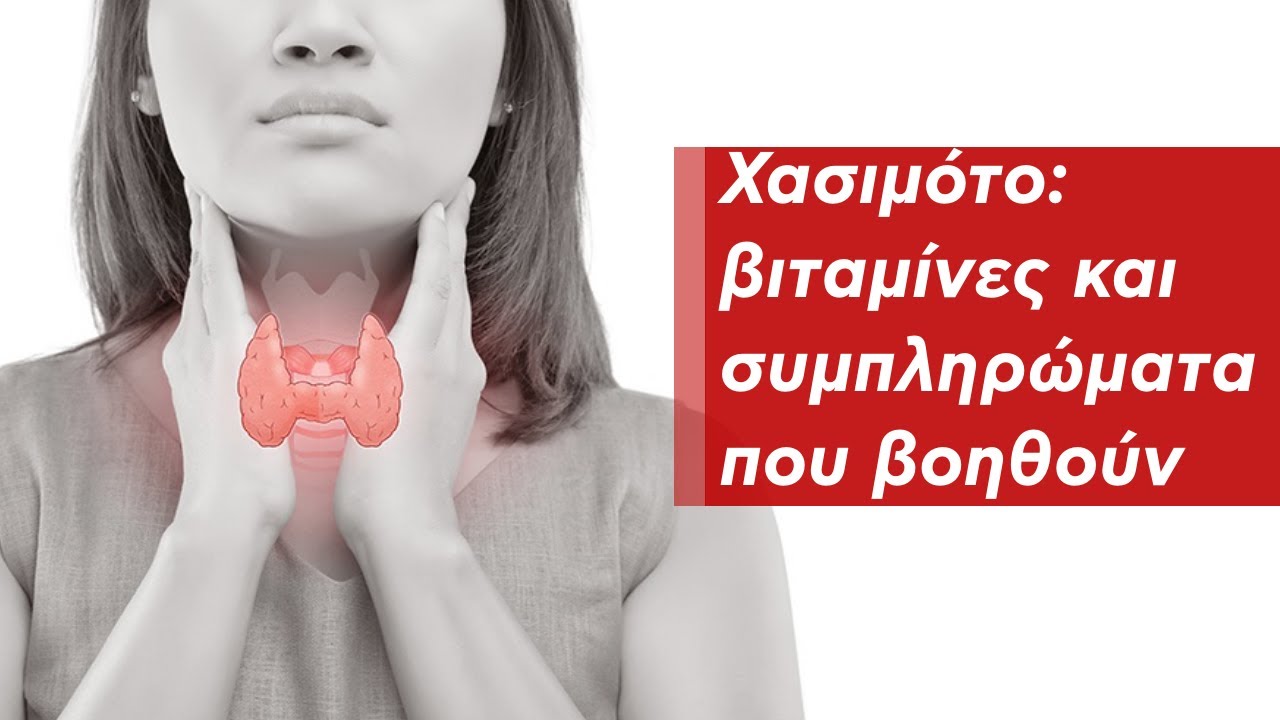
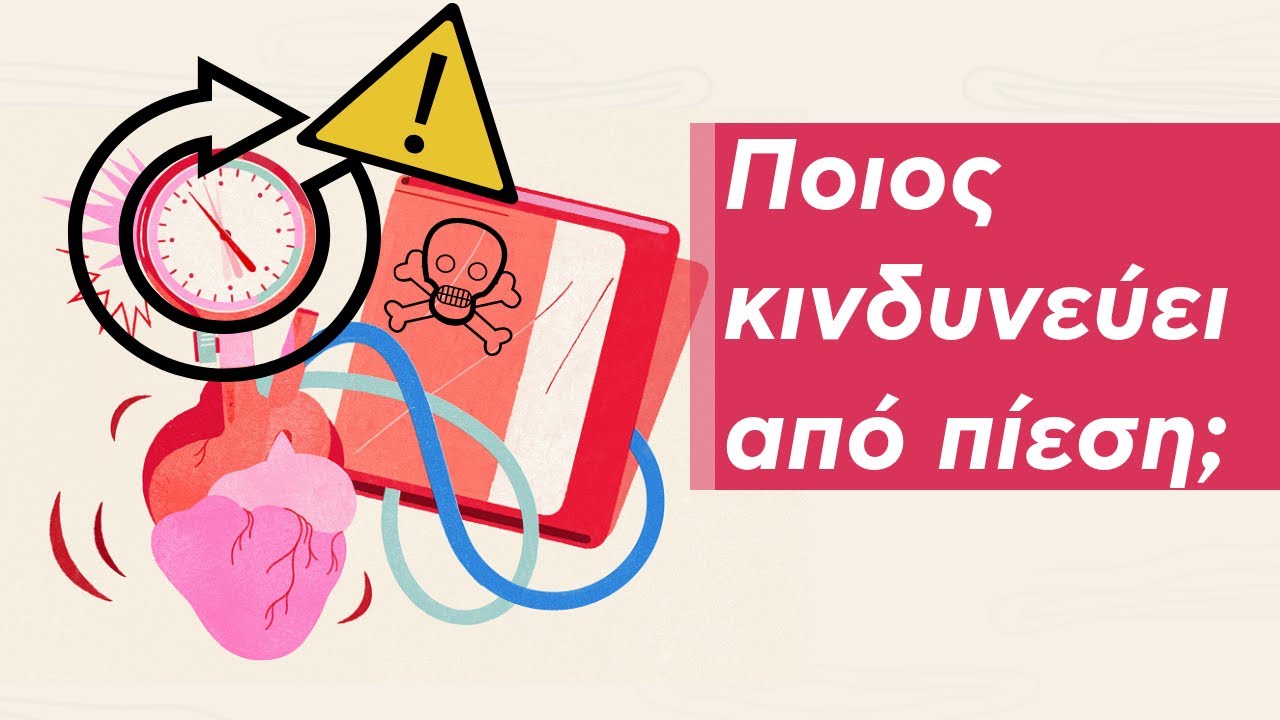
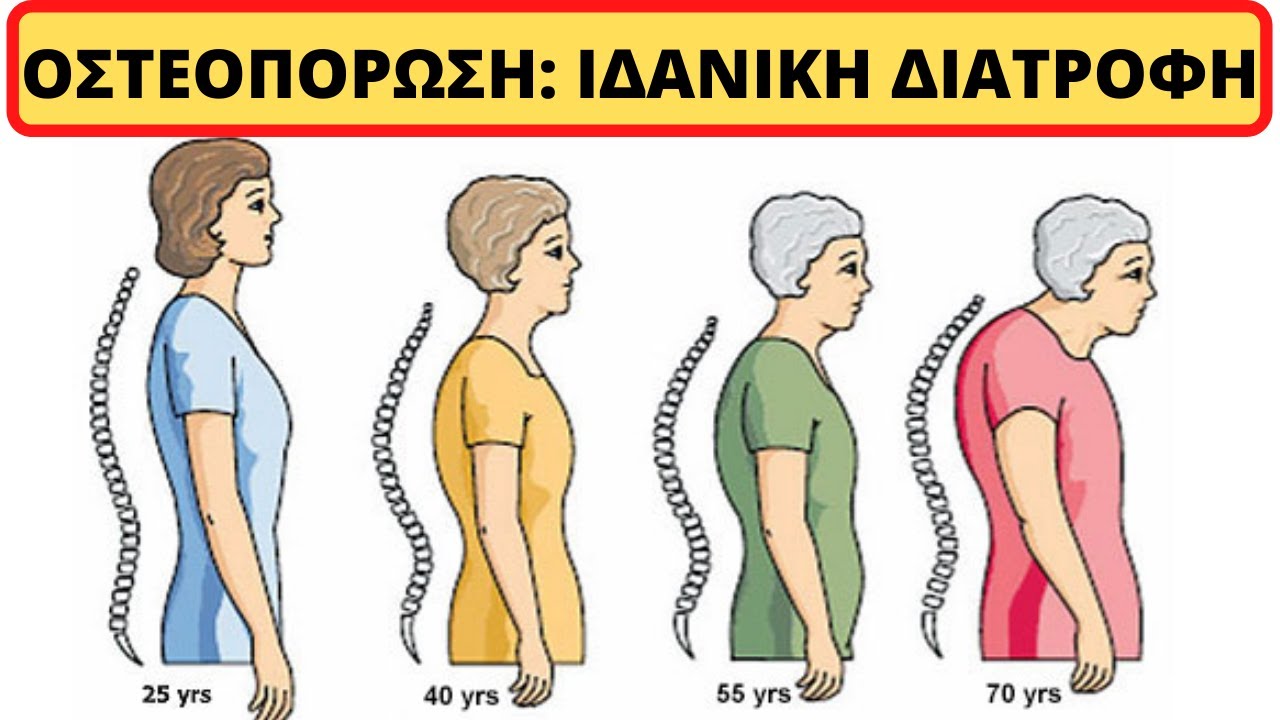


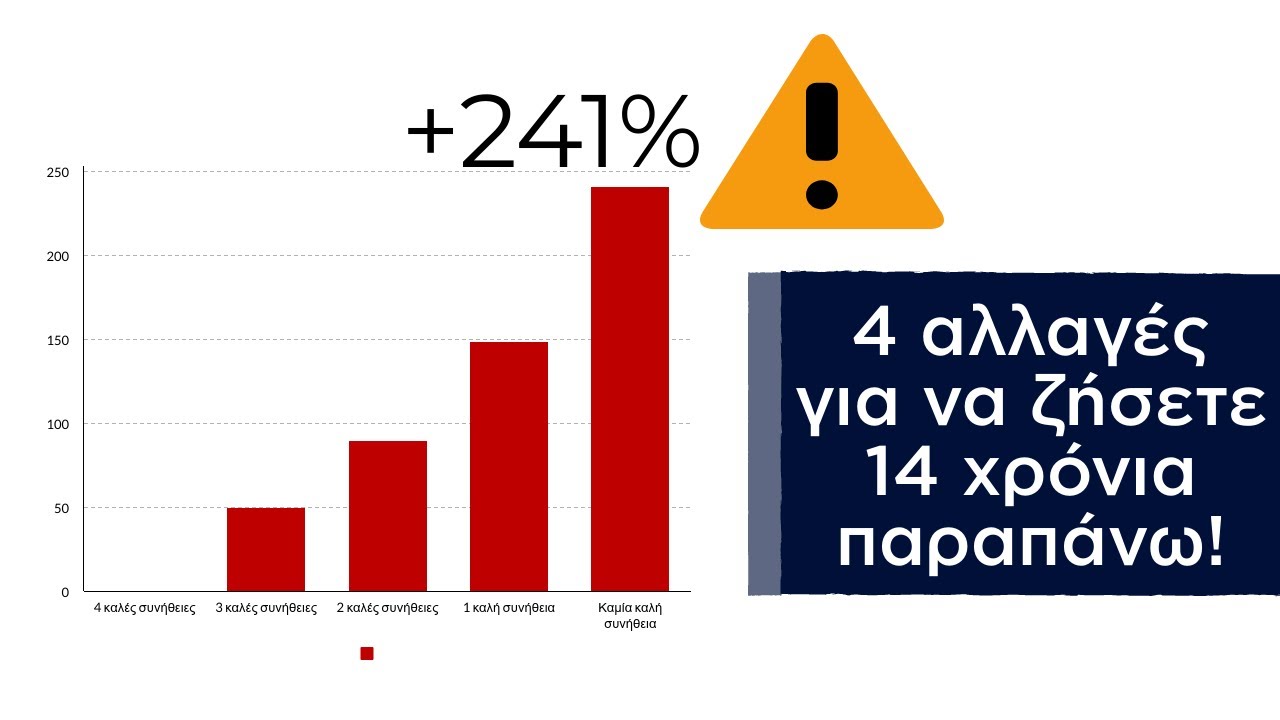
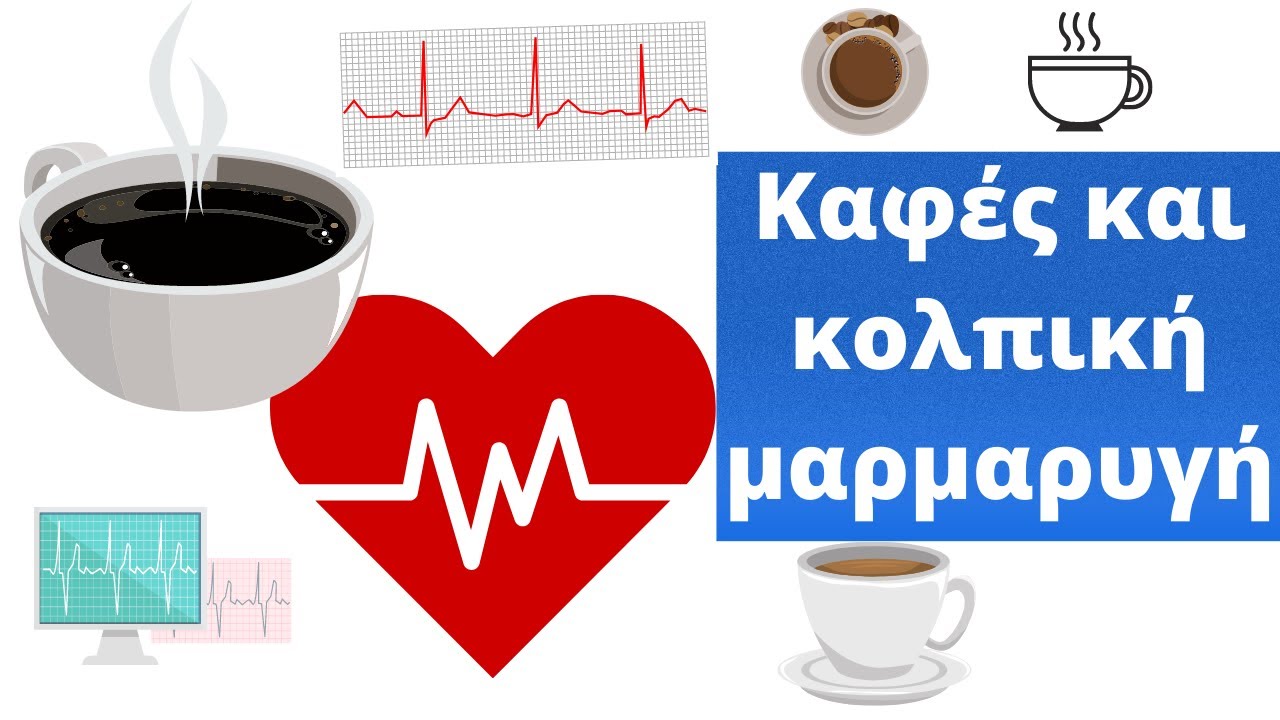
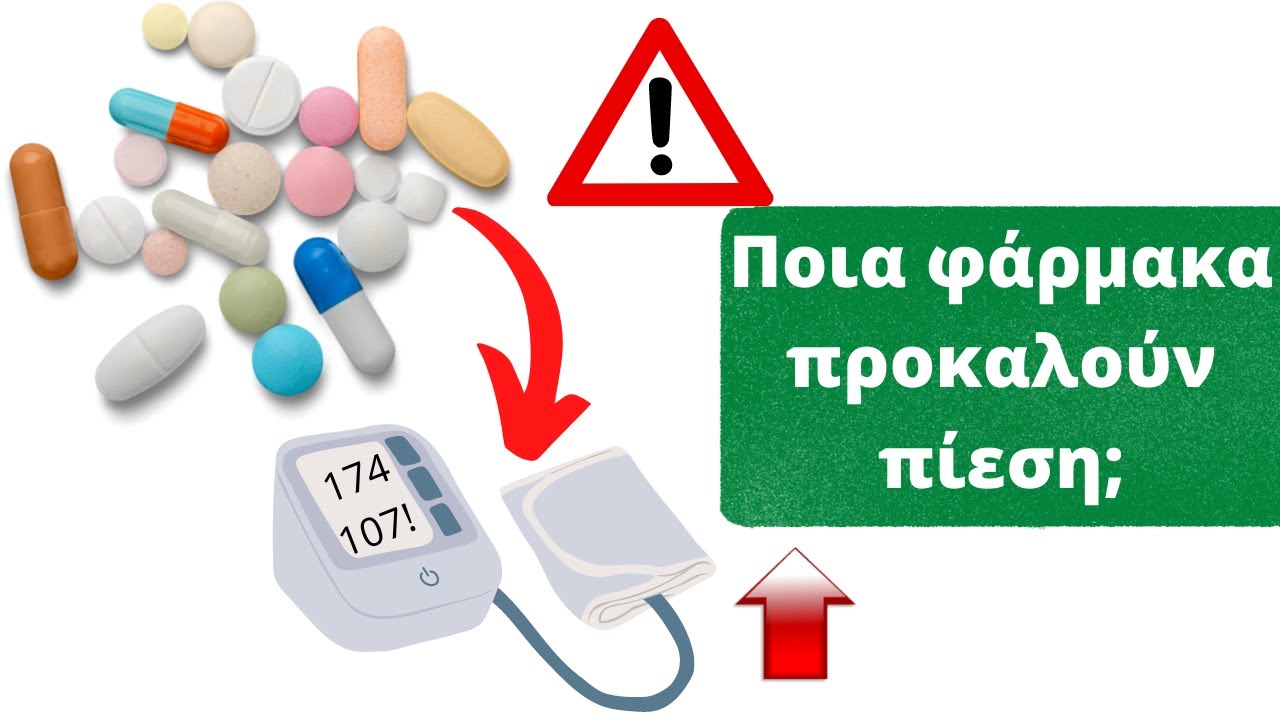
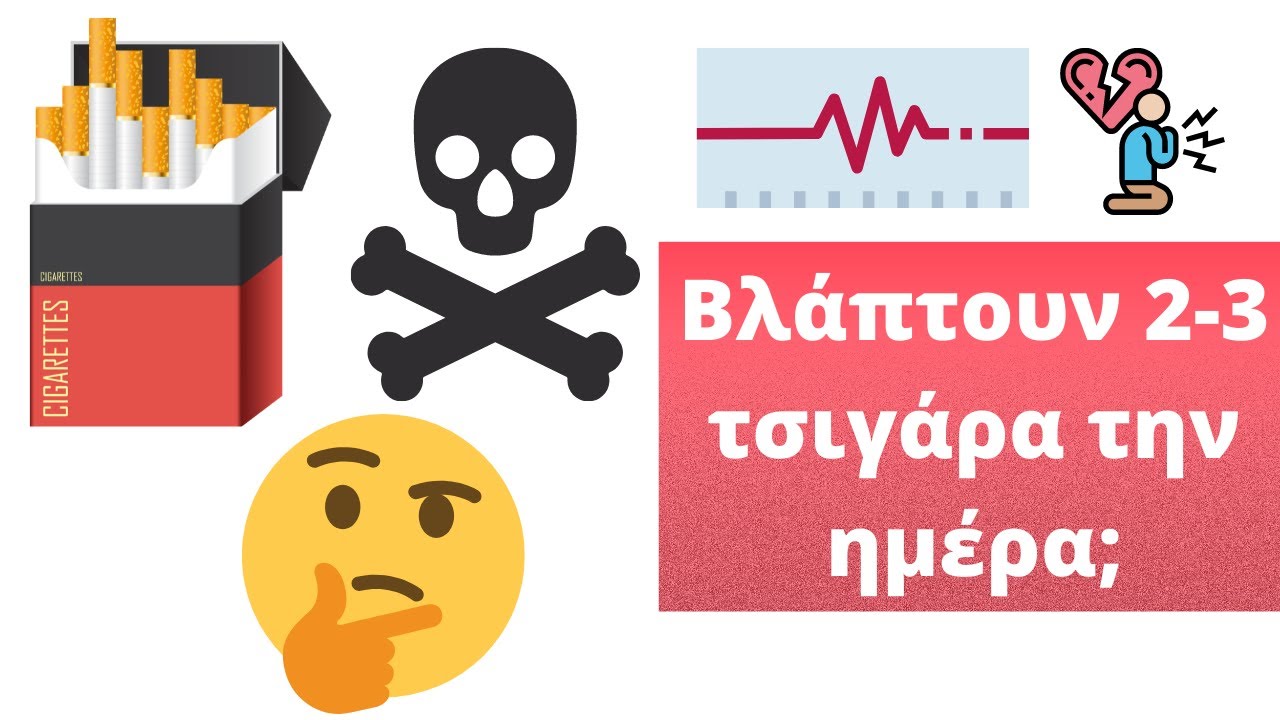
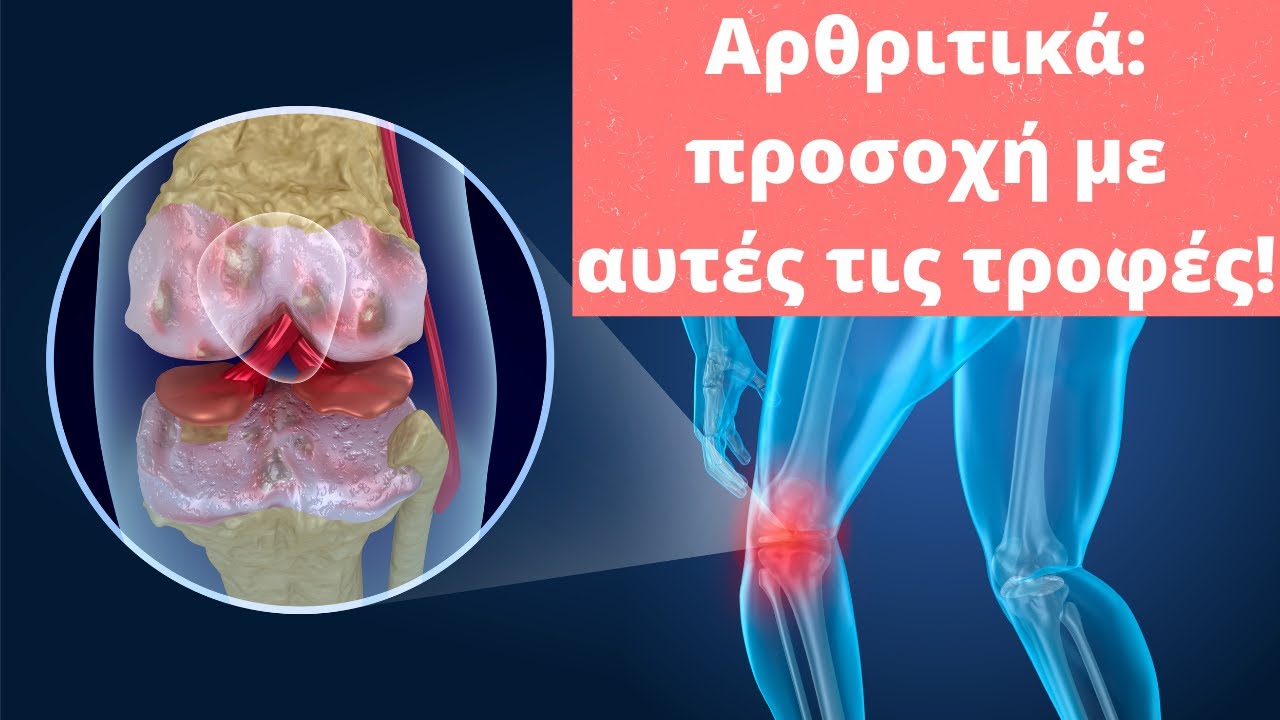

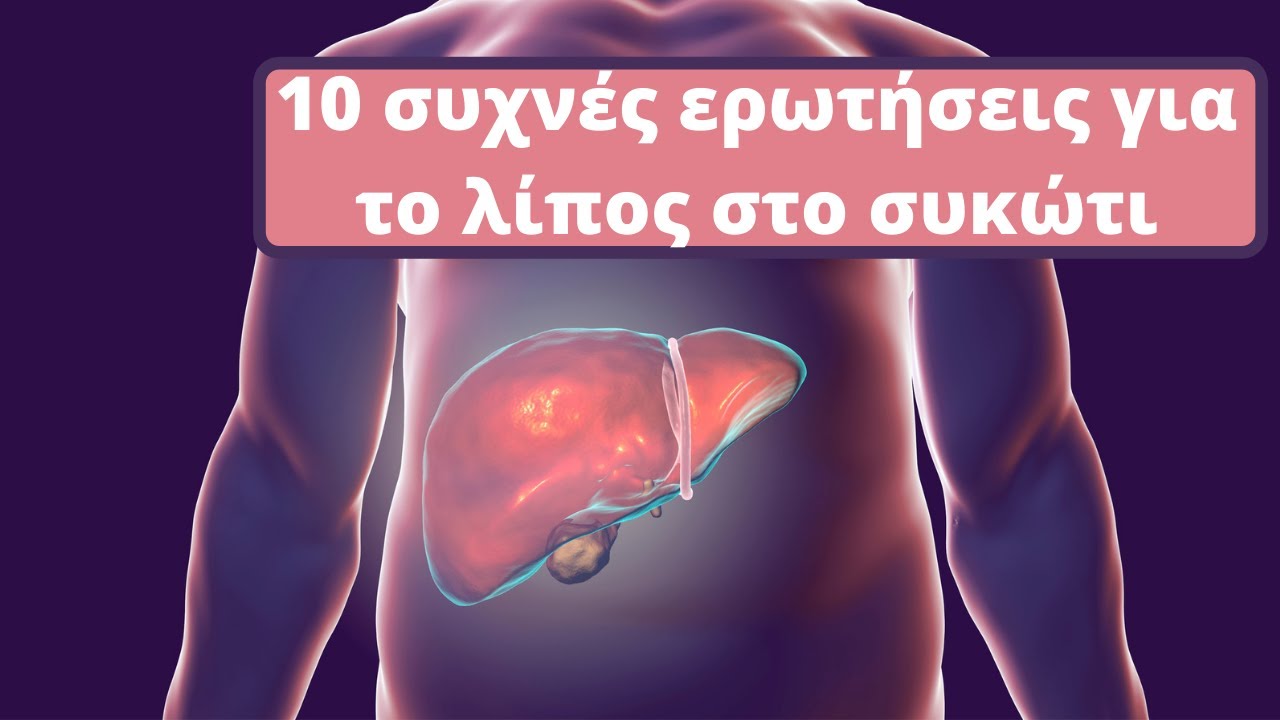
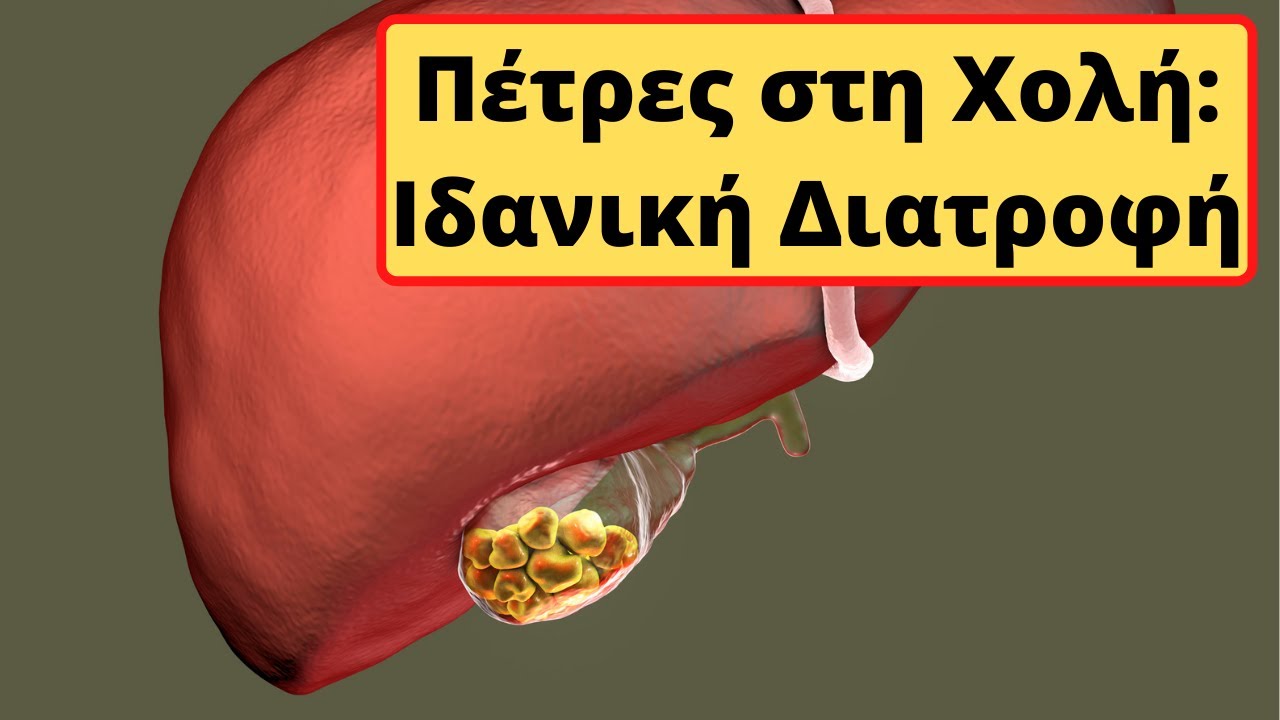
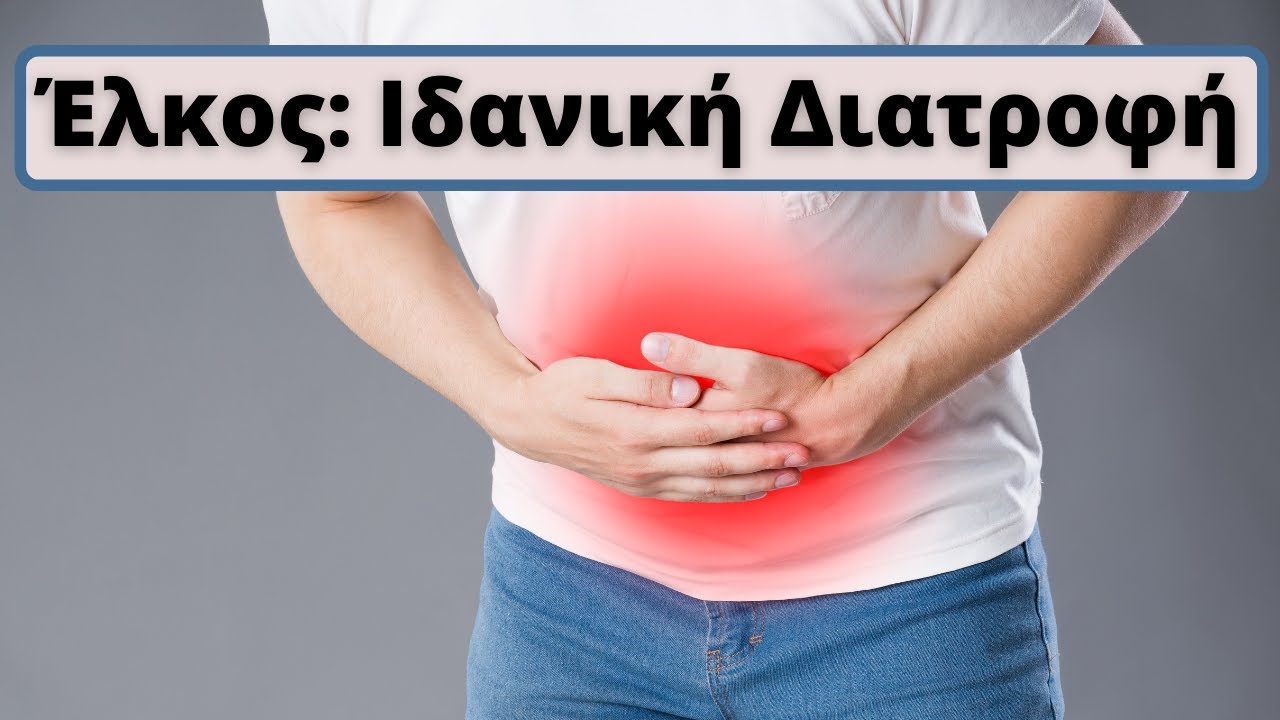
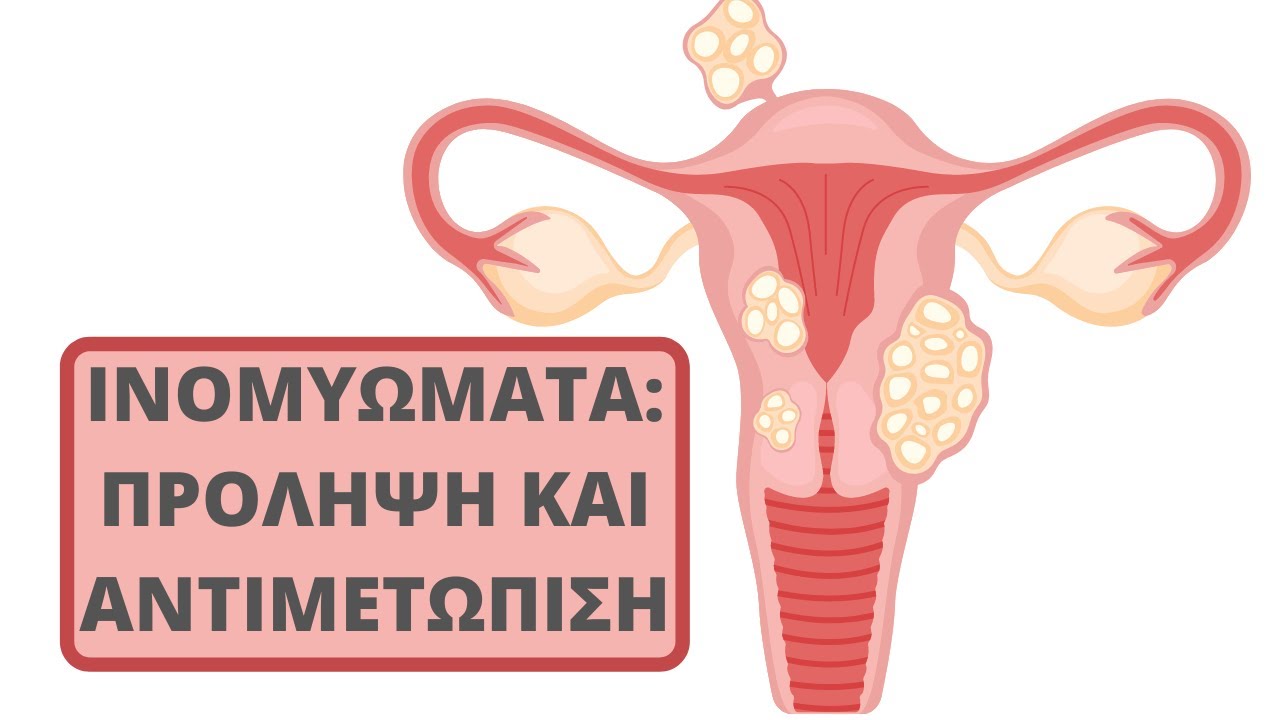


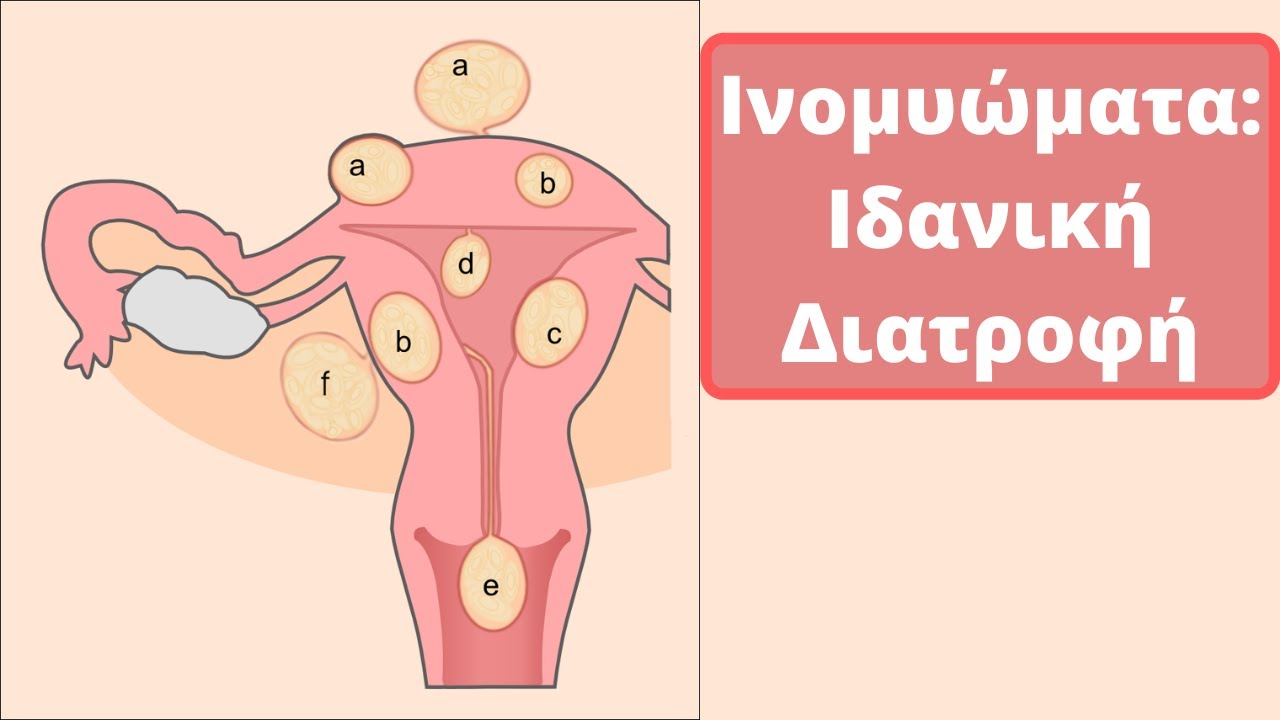


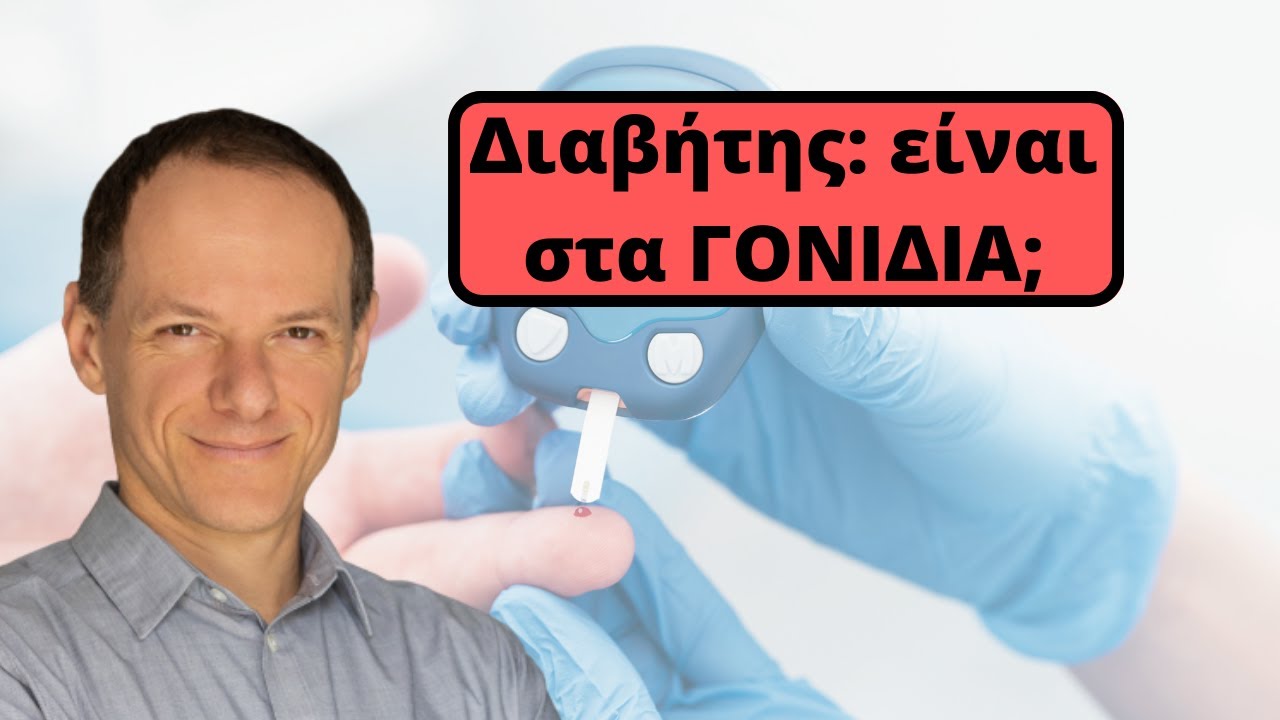

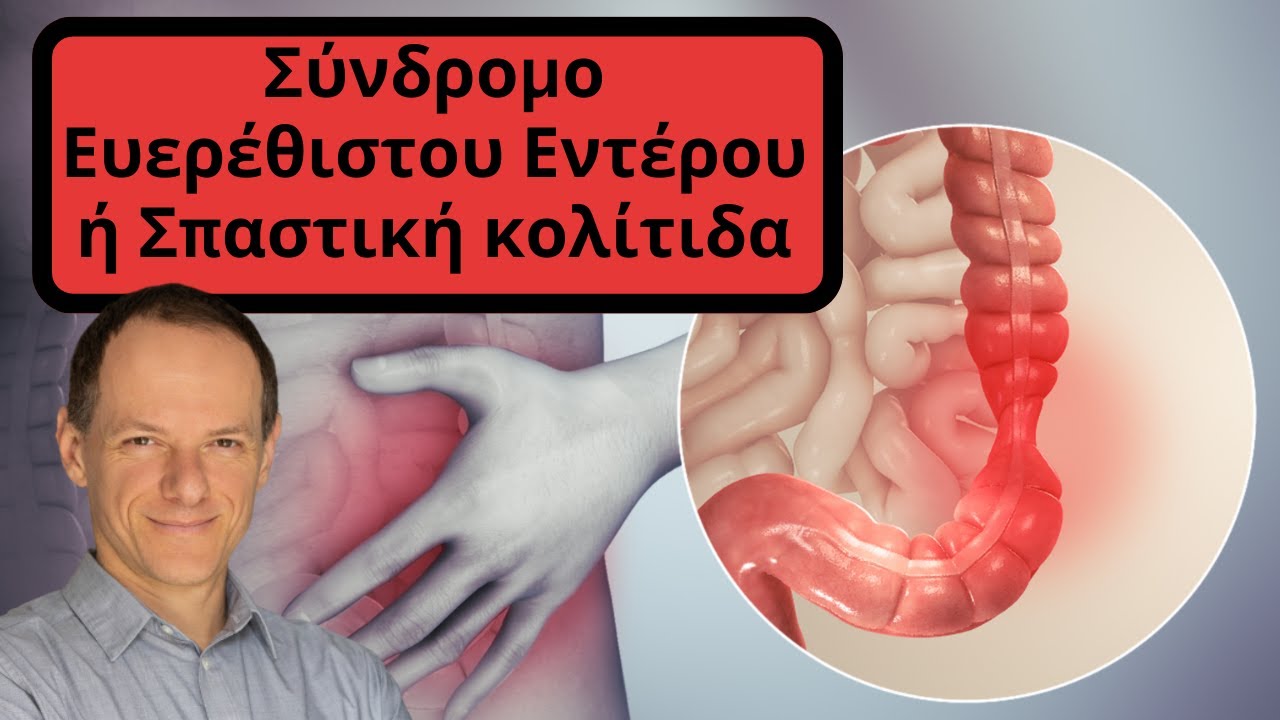
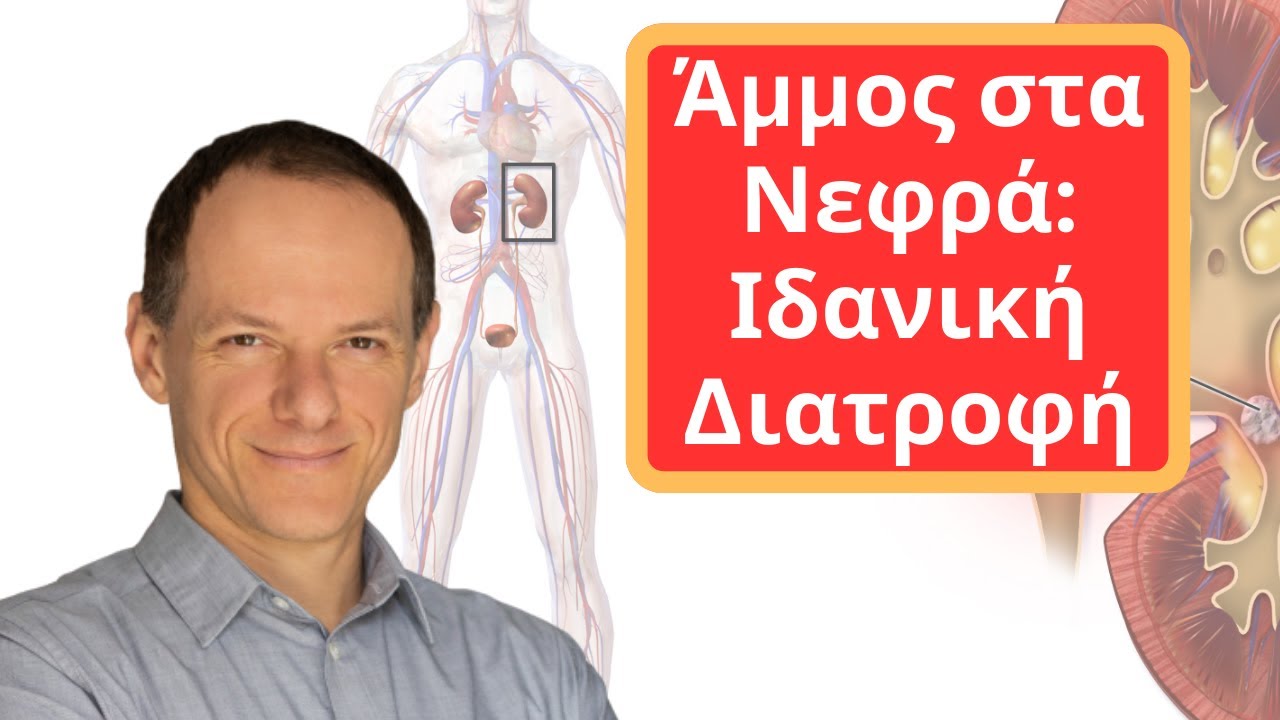
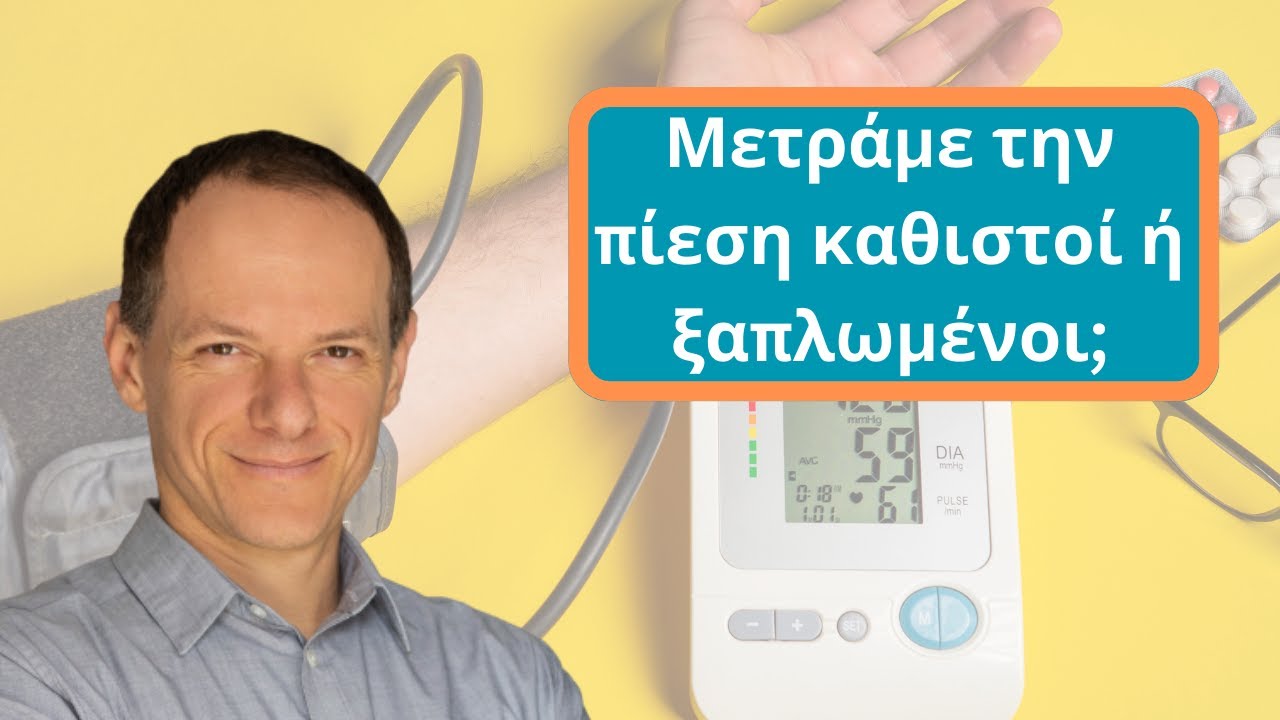






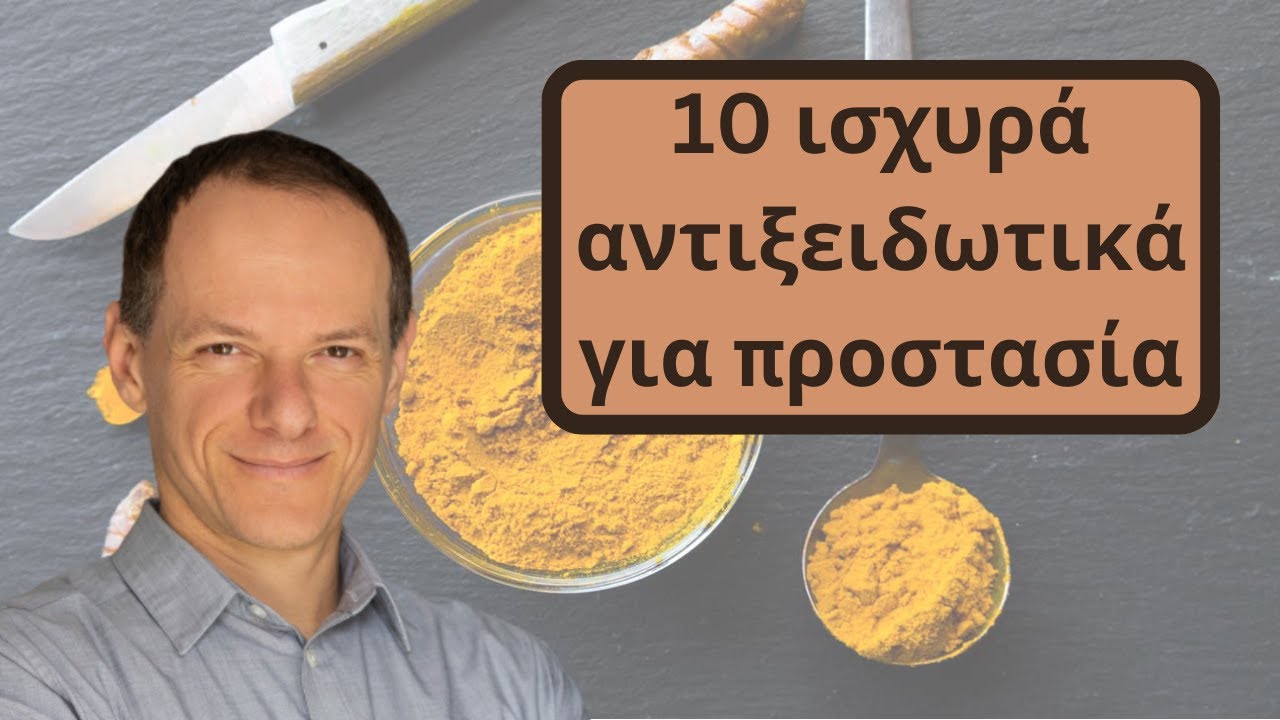
0 Σχόλια